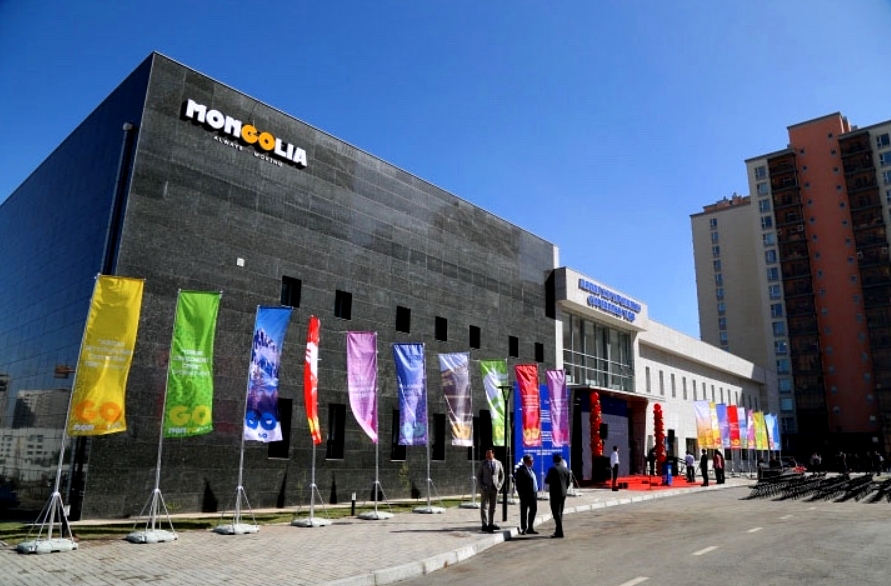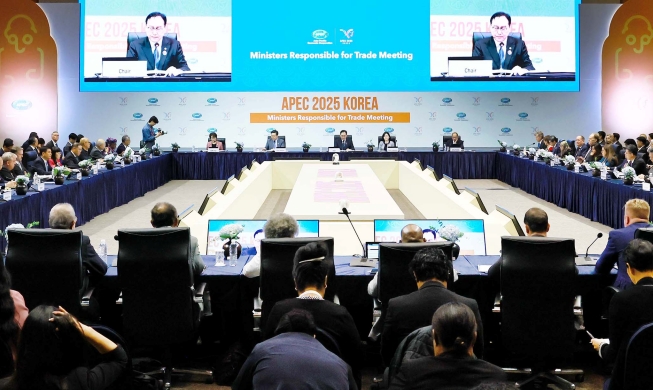- 한국어
- English
- 日本語
- 中文
- العربية
- Español
- Français
- Deutsch
- Pусский
- Tiếng Việt
- Indonesian

The opening ceremony for the Tourism Training Center (pictured) on May 29 was held in Ulaanbaatar, Mongolia, the first facility of its kind built under overseas development assistance from the Korean Ministry of Culture, Sports and Tourism. (Ministry of Culture, Sports and Tourism)
By Xu Aiying
The Ministry of Culture, Sports and Tourism and the Korea Tourism Organization (KTO) on May 29 held the opening ceremony for the Tourism Training Center in Ulaanbaatar, Mongolia, along with the Mongolian Ministry of Culture, Sports, Tourism and Youth and the Mongolian Tourism Organization.
The center is the first tourist building built under the Korean ministry's overseas development assistance in tourism. It is designed to back qualitative advancement of tourism infrastructure in Mongolia and creation of a model of sustainable tourism development.
Covering 2,500 square m with one basement floor and two above ground, the facility has theory lecture and training rooms with the latest educational equipment based on information and communications technology. It can house customized training for workers in the sector such as tour guides and accommodation staff at gers (traditional Mongolian homes) and hotels.
The Korean side will help the Mongolian government run its own tourism training using its unique natural and cultural assets. Volunteer groups from the Korea International Cooperation Agency will be dispatched to Mongolia until 2028 to help boost the capacity of Mongolian tourism personnel, trainers and teachers and raise the operating capacity of the center.
In addition, the Korean Ministry of Trade, Industry and Energy in the Mongolian capital the same day signed a memorandum of understanding on a project to cut greenhouse gas emissions with Mongolia's Ministry of Economy and Development and the Ministry of Environment and Climate Change to improve the air quality of ger areas in Mongolia.
The agreement said that per Article 6 of the Paris Agreement, both sides will jointly set up and implement a "master plan" for reduction of such emissions through methods like insulation of and fuel conversion at gers.
xuaiy@korea.kr
